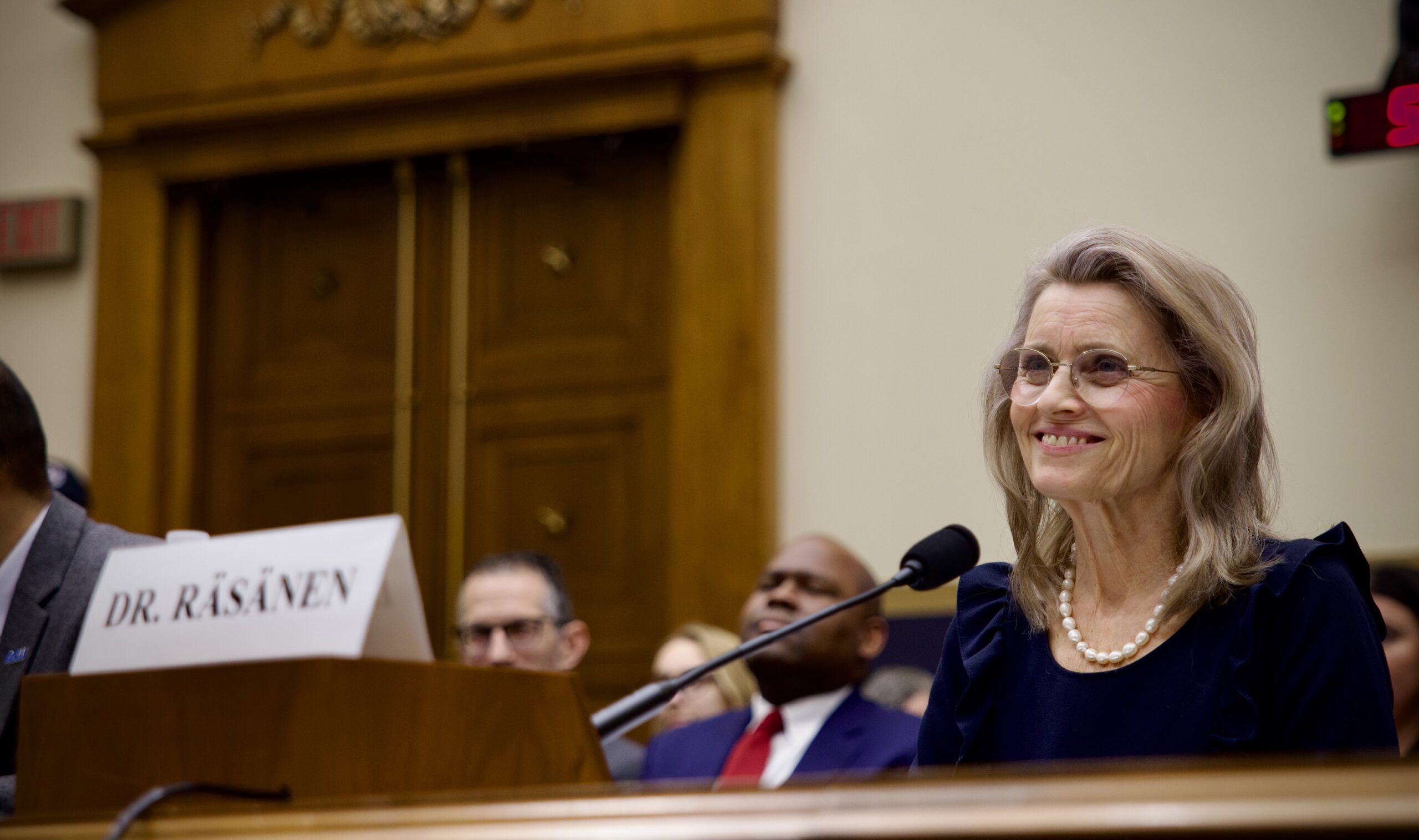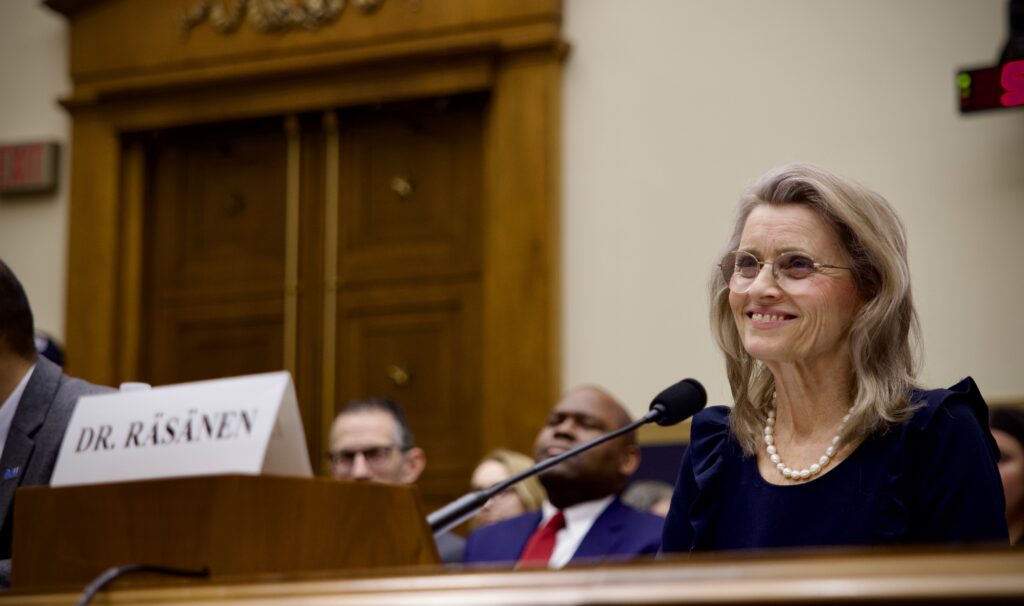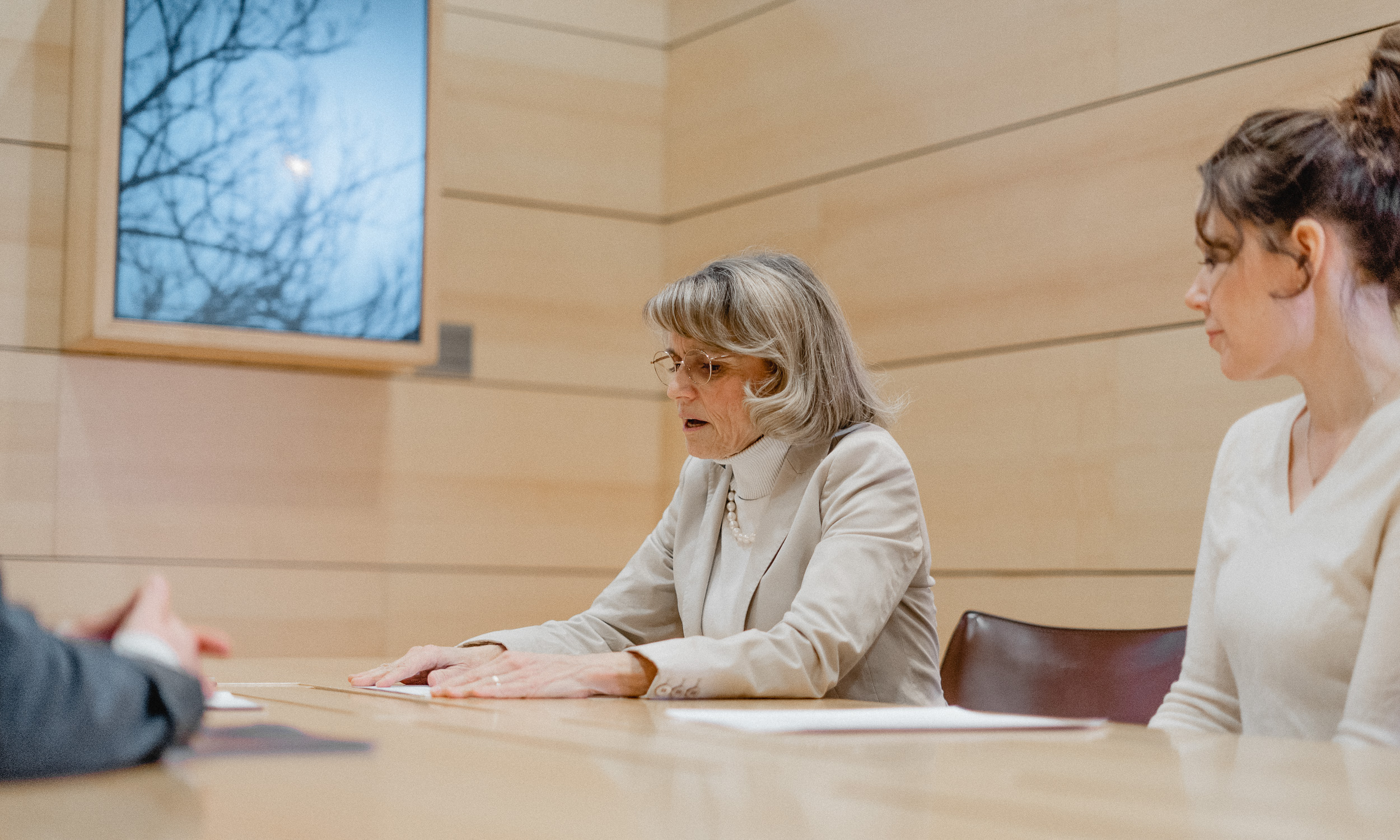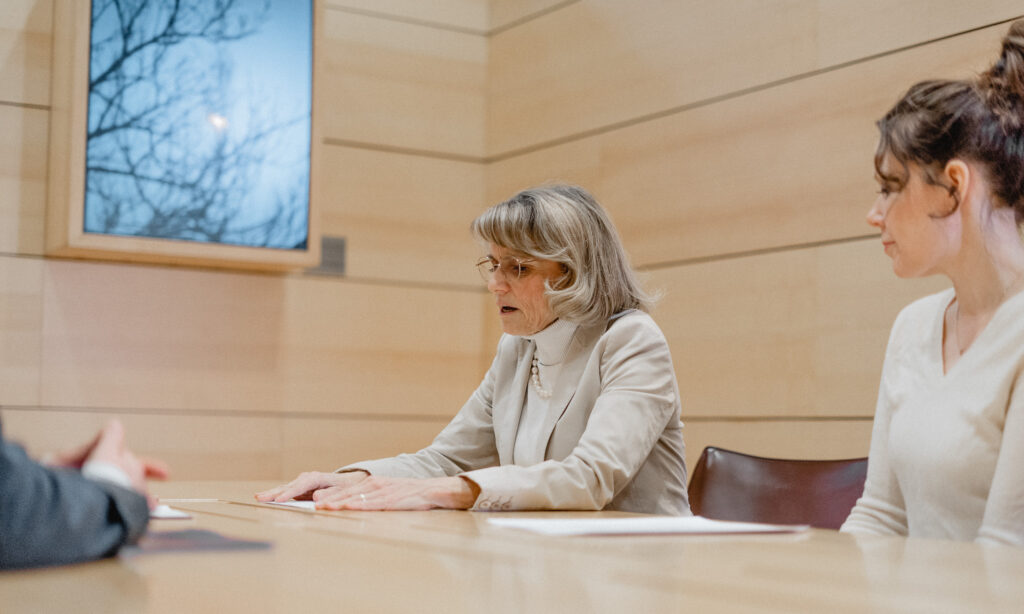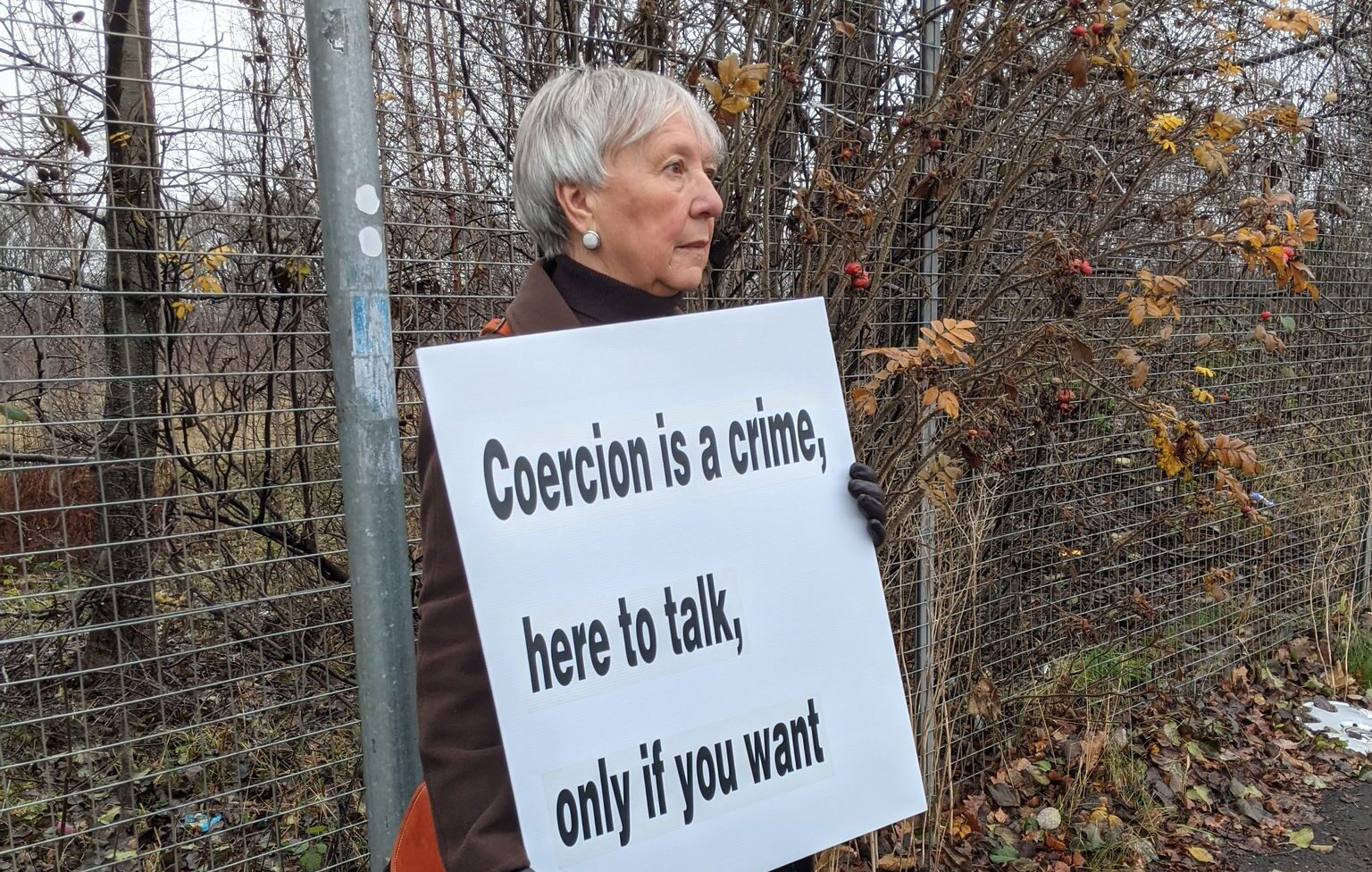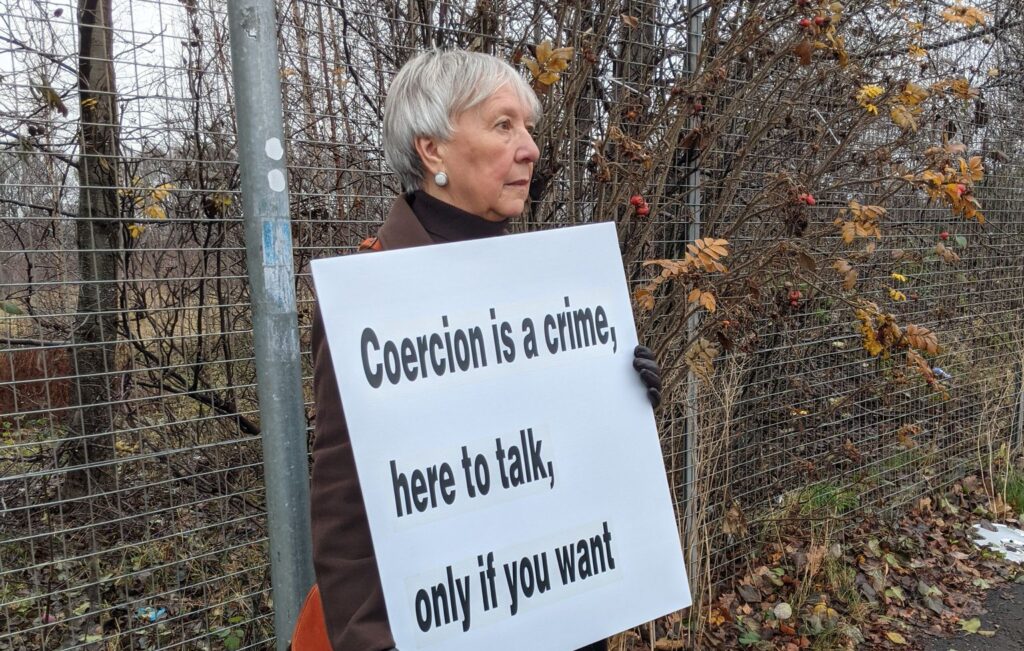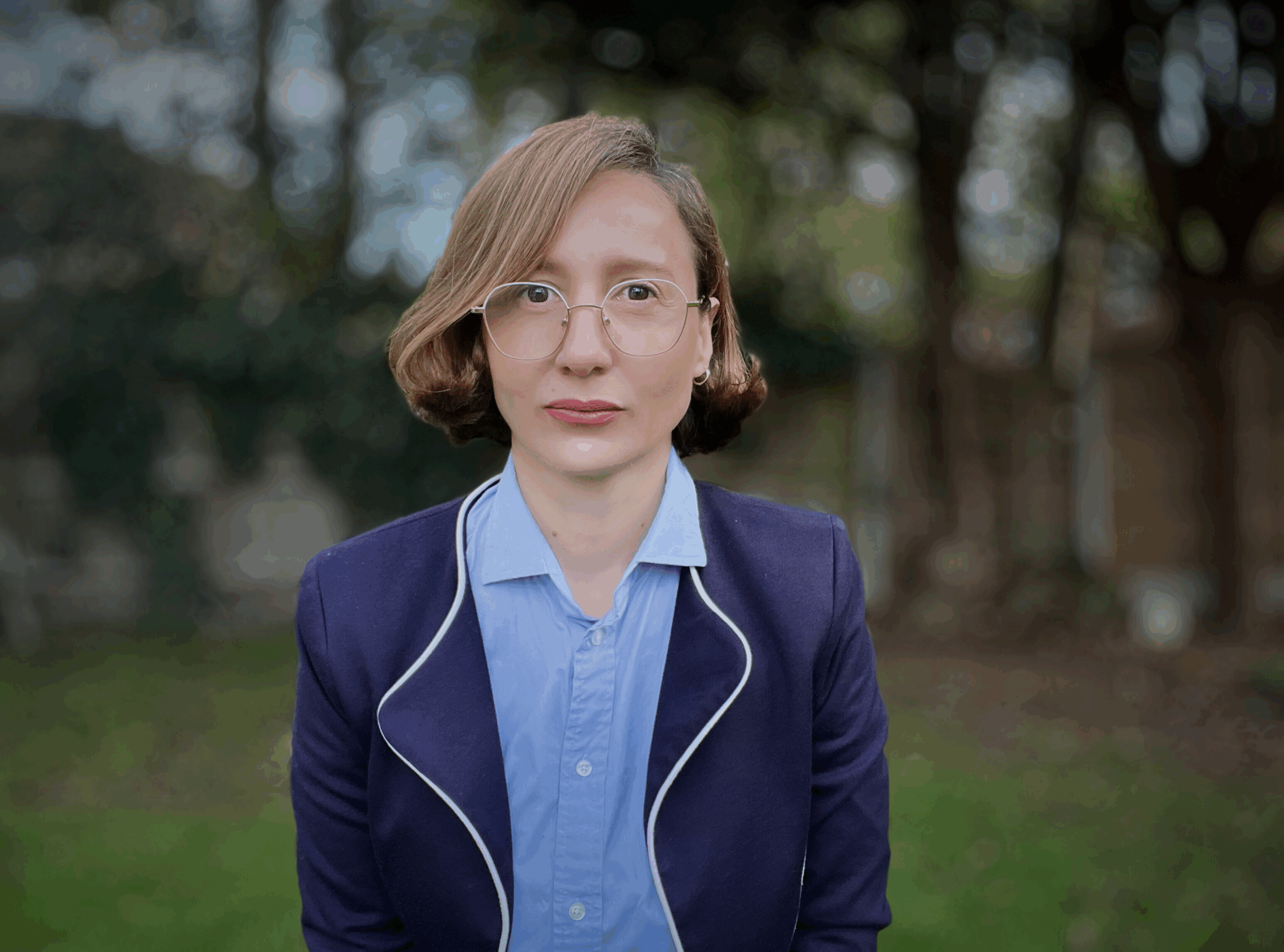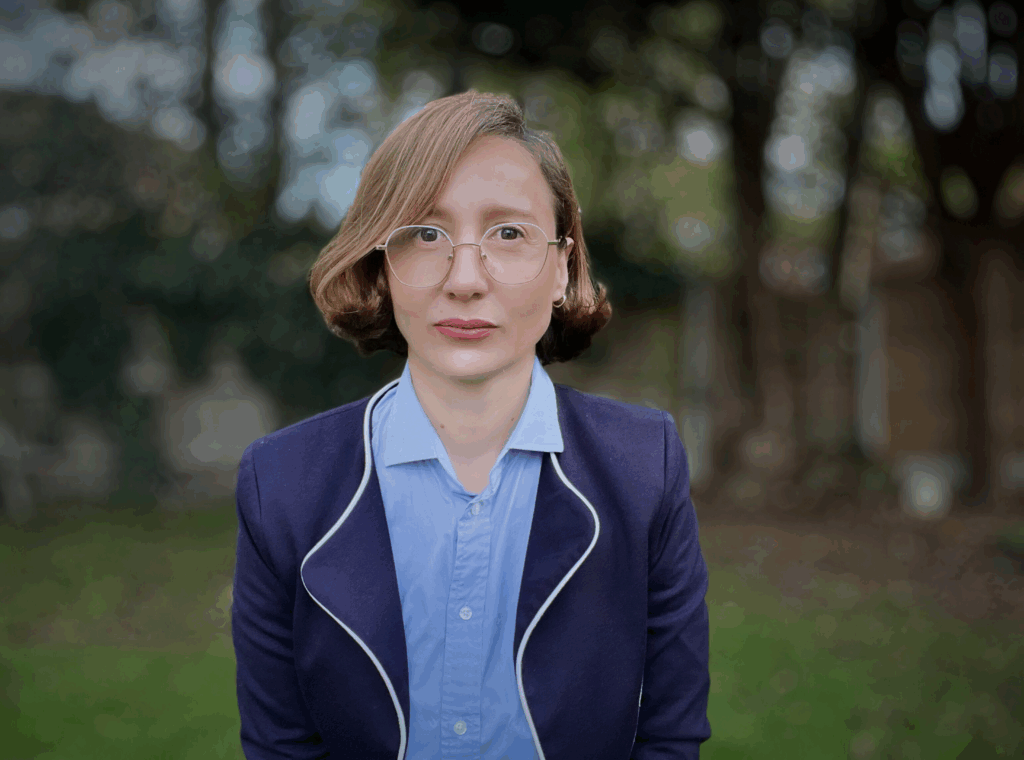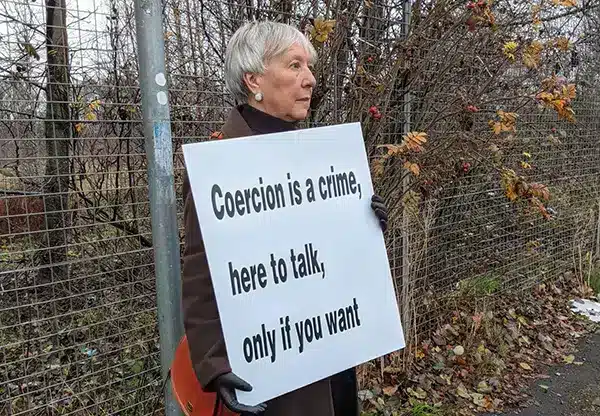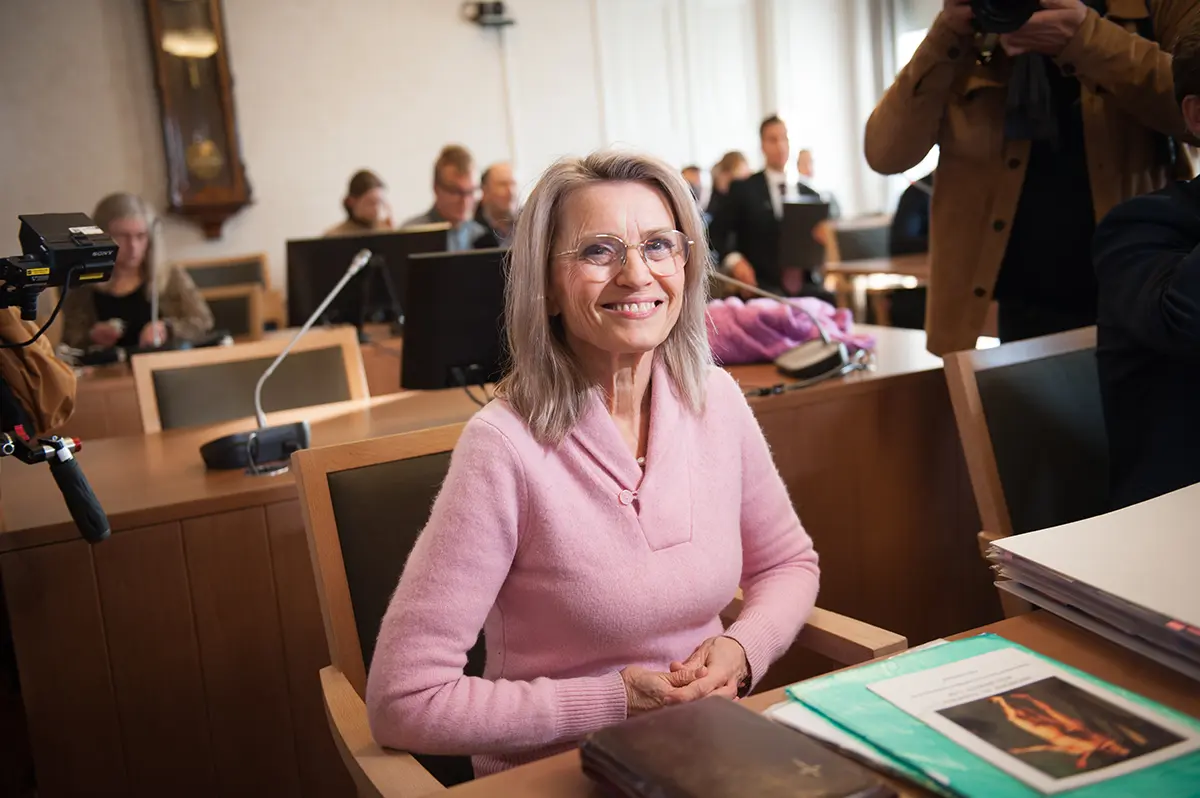- Pastor Dia Moodley has been arrested twice for peaceful street preaching
- Police visited pastor at his home after latest arrest
- Pastor Moodley is considering legal action against the police, with the support of ADF International

BRISTOL (16 February 2026) – Police arrested and visited a Christian pastor’s home after he peacefully commented on Islam and transgender ideology while street preaching in Bristol city centre.
Pastor Dia Moodley, 58, was arrested by Avon and Somerset Police officers last November in Broadmead on suspicion of “inciting religious hatred” under the Public Order Act 1986 for his speech, despite the fact that he had merely publicly shared his Christian views.
The pastor, who suffers from a heart condition, was held in a police cell for eight hours before being released under censorial bail conditions banning him from entering and therefore preaching in Bristol city centre over the Christmas period.
The bail conditions were dropped after Pastor Moodley made representations to the police, but two police officers later visited his home on Thursday 8 January, questioned him further on the November incident and invited him to a voluntary interview under caution.
With the support of his legal team, Pastor Moodley is considering whether to attend the interview. The pastor is currently waiting to hear whether he will be criminally charged for his peaceful speech.
ADF International is providing legal support to Pastor Moodley, who is considering legal action against the police for the violation of his free speech rights.
This is the second time Avon and Somerset Police officers have arrested Pastor Moodley for peacefully street preaching.
In March 2025, the pastor was twice threatened with arrest for “breaching the peace”, after preaching about the differences between Christianity and Islam while holding a Quran.
He was the victim of assault on that occasion by Muslim bystanders and one man even threatened to stab the pastor. The police have not charged any of the individuals who assaulted him.
The pastor met with the US State Department prior to that incident in March, at a meeting facilitated by ADF International, and spoke about his experience as a victim of censorship in the UK.
Pastor Moodley said: “This latest arrest has had a profoundly negative effect on me and has been extremely challenging personally.
“I am a law-abiding citizen and it feels surreal that the police have criminalised me so harshly and repeatedly merely for peacefully expressing my Christian views in the public square.
“Unfortunately, I believe that the police view me, a Christian pastor, as an easy target and are afraid of others being offended by my lawful speech. This is two-tier policing in action.”
Legal Counsel for ADF International Jeremiah Igunnubole said: “Pastor Dia’s arrest for peacefully commenting on Islam and transgender ideology shows police are using public order legislation to impose de facto blasphemy laws in the UK.
“This is far from an isolated incident. It is part of a clear pattern of behaviour from Avon and Somerset Police, who for years have targeted Pastor Dia for his peaceful expression in the public square and have failed in their duty to investigate serious crimes committed against him, by those who objected to his speech.
“The police must stop their two-tier approach of criminalising lawful speech. There has long been a pressing need for Parliament to pass legislation to ensure the right to freedom of expression is robustly protected in this country.
“Pastor Dia’s case is all the more pressing as the government finalises its broad and ambiguous definition of ‘anti-Muslim hatred’, which risks censoring legitimate speech related to Islam.
“Pastor Dia’s case shows how authorities can misconstrue peaceful comments on Islam as ‘hateful’ and criminal. This misconstruction will be repeated unless clarity is provided to preserve the ability of citizens to peacefully comment, discuss and criticise in accordance with their core beliefs.”
After Pastor Moodley’s first arrest in March 2024, the police also unlawfully instructed that his signs, which he used while street preaching, be destroyed. The police have failed to even acknowledge his formal request for compensation for the signs.
Previously, police tried to censor Pastor Moodley from commenting on any religion besides Christianity while street preaching. Avon and Somerset Police dropped these restrictions and admitted they were “disproportionate” after Pastor Moodley launched a legal challenge with the support of ADF International.
November 2025 arrest
On 22 November, Pastor Moodley was engaging in street preaching in Bristol city centre on two topics: the reality of the sex binary and the falsehood of transgender ideology, and the theology of Christianity compared to other religions, including Islam.
He often engages in dialogue with members of the public during street preaching and the vast majority of his interactions are positive, even if the people he speaks with hold different views.
On the day, Pastor Moodley had a respectful conversation on Islam with three young Muslim women.
Later on, one couple objected to Pastor Moodley’s views on transgender ideology.
The woman called the police and two officers then arrived and solely focussed on the accounts of bystanders who objected to the pastor’s preaching.
The police refused to engage with the pastor and members of his congregation and hear their account of what had happened.
The police then arrested Pastor Moodley on suspicion of “inciting religious hatred” and committing a “religiously aggravated” offence under the Public Order Act 1986, for peacefully expressing his Christian views.
The pastor has a heart condition and was sweating visibly due to the stress of the situation.
He asked for the handcuffs to be placed at the front of his body and not behind his back, which would make it difficult for him to breathe. The police officer initially appeared annoyed and reluctant to consider the request but eventually agreed.
Pastor Moodley was held in a police cell for eight hours before being released.
The bail conditions initially imposed on Pastor Moodley banned him from entering the city centre until 30 December.
These were only overturned on 17 December and prevented him from preaching in the busiest part of the city for most of December, stopped him from attending to an important pastoral matter and disrupted his personal life.
Read more about Avon and Somerset Police’s past targeting of Pastor Moodley here, here and here.
Images for free use in print or online in relation to this story only
Pictured: Pastor Dia Moodley, Pastor Moodley being arrested in November 2025, Legal Counsel for ADF International Jeremiah Igunnubole



